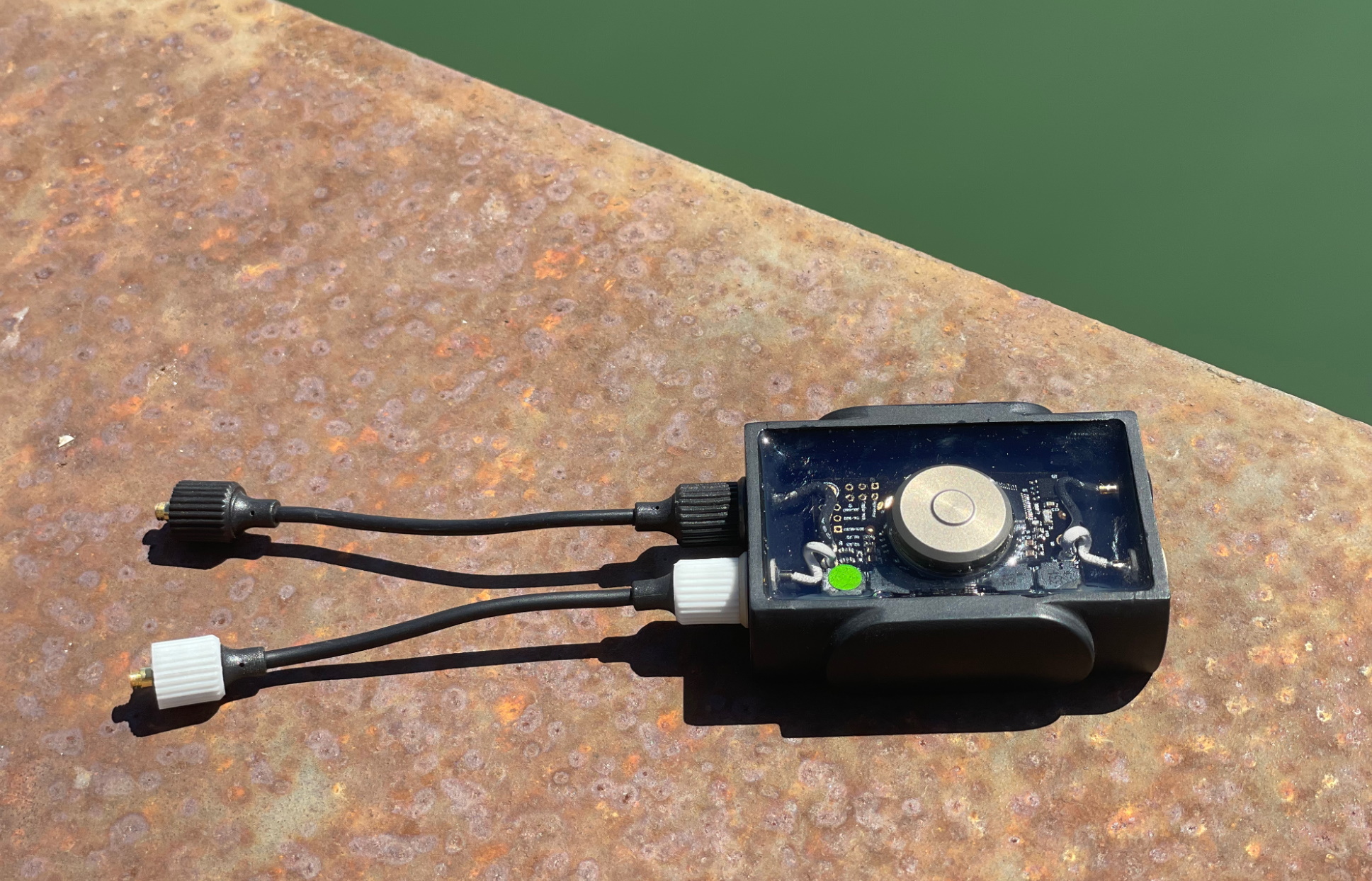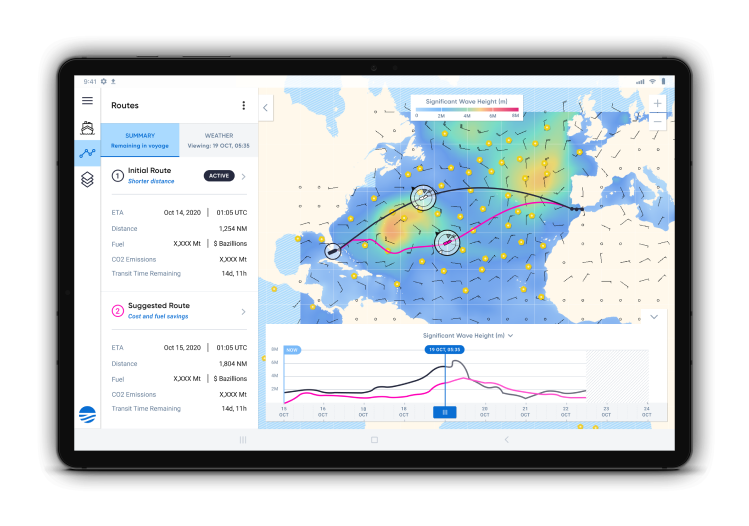The ocean is important to countless industries, but we still only have a rough idea of what it’s like as a whole at any given time. To foster a new generation of ocean-monitoring floats and other devices, Sofar Ocean Technologies and DARPA are publishing an open hardware standard called Bristlemouth so that researchers will have an off-the-shelf option rather than wasting their precious grant dollars solving the same engineering problems from scratch.
Sofar calls itself a “real-time ocean intelligence platform,” which you might think of as a sort of weather service for the seven seas. Unlike the atmosphere, however, the ocean is not easy to remotely observe with satellites and radar — you need to have hundreds, perhaps thousands of devices actually out there bobbing on the waves to understand its motions, salinity, pollutant levels, temperature, and so on.
While the company has its own line of business maintaining a network of its own floats, which produce valuable data it can sell to a variety of interested parties, it also wants to advance the ocean-sensing industry in general, and CEO Evan Shapiro suggests that one of the best ways to do so is to create an open hardware and software standard.
The lack of a hardware connectivity standard is a huge hindrance to development and innovation. Today, a large portion of budgets allocated to development of new ocean technologies are spent towards resolving fundamental technical bottlenecks – power, data, and communications connectivity – rather than on actual ocean innovation,” Shapiro told TechCrunch.
It’s very similar to the way space companies have begun to coalesce around the idea of a few standard buses and spacecraft. If you want to observe space dust, or measure radiation outside the atmosphere or some other research goal, you want to spend your time and money on those instruments, not on building a spacecraft. Just as Rocket Lab and others are betting people would rather buy and customize a standard spacecraft than reinvent the wheel, Sofar thinks researchers focusing on the ocean would prefer to focus on their key technologies.
“People rarely want to build a float with power systems, satellite telemetry, GPS, and a dolphin detecting hydrophone. They primarily want to build the dolphin detecting hydrophone, but in today’s environment (given the lack of hardware standards) they end up having to build the rest from scratch too. Sofar’s commercial adoption and support of Bristlemouth is vital to kick-starting value in the ecosystem,” Shapiro said, though he noted that others have attempted this before. “We’re not the first to recognize the need for standardization, nor the first to take a credible go at it. We are the first to do so as a large scale commercial platform provider (there’s a reason USB came from Intel, IBM and Microsoft and not a whitepaper out of Berkeley), and we’re doing so in partnership with some of the most influential movers in the domain.”

A prototype device to demonstrate the Bristlemouth standard sits on a rusty dock..Image Credits: Sofar Ocean Technologies
Among those movers are DARPA, the Office of Naval Research, and conservation organization Oceankind. All involved agree that more data coming from ocean sensing can only be a good thing for science and industry.
As for the standard itself, the details aren’t particularly exciting in consumer tech terms — it’s not a kit or reference model (the image at top is one of Sofar’s own smart buoys, though there is overlap) but mainly a hardware-software suite focusing on modularity and interoperability. The idea isn’t that you buy a Bristlemouth Basic and upgrade it, but rather that many in the industry design to a shared standard that covers basic steps like power management, communication, and so on and ensures resulting devices can work together easily. There’s more information available at the official Bristlemouth site.
Ocean intelligence will be a major part of any industry touching the sea, from kelp farming to robo-shipping to climate change monitoring. If something like Bristlemouth can mitigate the data scarcity that limits these domains, the “blue economy” will be able to take off earlier and more safely.
Source Link Sofar and DARPA look to standardize ocean monitoring gadgets with Bristlemouth

Leave a Reply